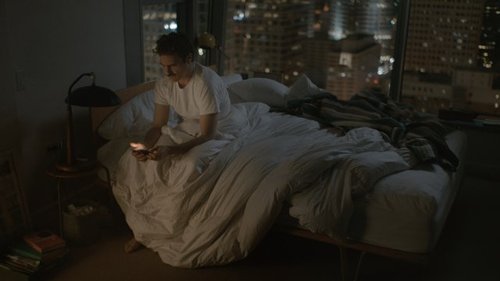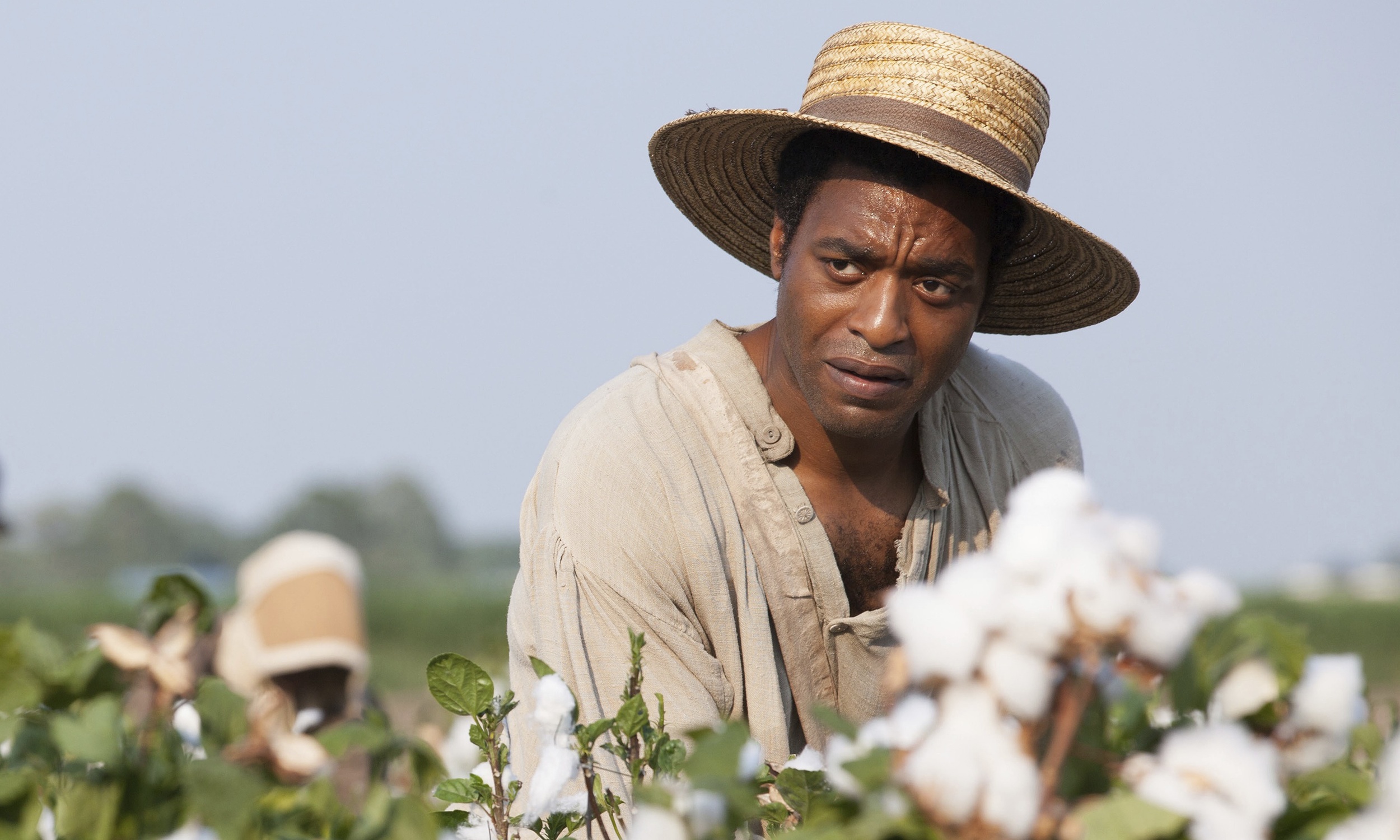For a year and a half I've struggled to understand my mental health disability. This weekend I saw a children's film, starring colorful cartoon fish, that confronted exactly what I've had to learn. Finding Dory, which just debuted to the most successful animated opening in history, is focused on a character with a mental disability and how she perseveres through it.
There is lots to love about the film. I enjoyed the relentless creativity that seemed to find its focus when the filmmakers limited themselves to the confines of the Marine Life Institute. The new characters, all with physical or attitude issues, were a constant delight. I admired how it emphasized that both family and close friendships play unique roles in life. But what captivated me was how the story of Dory's memory loss related to my own life.
The film opens on the teeny, adorable, blue blob that is young Dory repeating after her parents, "Hello, my name is Dory and I suffer from short term memory loss." Right from the beginning of both the film and Dory's life, there is a naive acceptance of her disability. Dory will struggle with this for the rest of her life and her parents are preparing her early in how to deal with it.
Dory's task, and the basic story of the film, is to locate her parents;n first within the wide ocean and then within the endless aquariums of the Marine Life Institute. It's a tall order by itself, but with the added complications of her condition, it seems insurmountable.
Seven years ago, the time came for me to learn how to drive. I took the most comprehensive driving course my parent's could find. I practiced and practiced. But I didn't pass. I still don't have my license.
Driving our family Sienna down country roads was easy enough, even enjoyable. But when I arrived at differing intersections, or engaged in complicated lane changes, or tackled at the tight maneuvering of parking, it got dangerous. I recall two separate incidents were I would have had an accident or even been killed, had my co-driver not yelled at me to stop. My brain flips the intersections around. I yield when turning left at a red light because that's what you do when you have to turn right. Or I stop but not look when crossing a highway. It's like there is a blank space in my brain that appears only 10% of the time. It takes over when I least expect it.
It wasn't until I received a formal diagnoses of my disabilities that it became clear why I was struggling so much. I was not just stupid. I was not just lazy. (Although my truck-driving uncles insisted otherwise.) I had a documented problem that was known to effect exactly this skill. So I accepted the frustrations of not being able to drive. I relinquished control and was at peace with the situation.
Just last month, after a year and a half of waiting, I made the decision to master these weaknesses and learn how to drive. The time had come. I was ready. But when I started doing research into how my disorder affects drivers, I panicked. I was confronted again by the reasons for my lack of a license. I wanted to give up.
In the film, Dory is confronted by impossibilities again and again. And she keeps swimming. She acknowledges her limitations, her weaknesses, and her problems. She knows she will need help to get around them. She's humble about this. She's honest, even to strangers. But she does not give up. Because she knows that finding her parents matters. This battle is worth fighting for, right to the very end. Watching her determination renewed my own efforts to learn how to drive.
At one point in the story, young Dory wakes from sleep to her mother sobbing as her father attempts to comfort her. They agonize over her condition. Is it their fault? Will their daughter survive? Have they failed as parents? Dory offers a heartfelt apology to her parents for her condition. Her parents offer their unconditional love and insist this is not her fault. Watching these cartoon fish cry over memory loss reminded me of the heartbreak my parents have gone through wrestling with these very questions.
But the film emphasizes another point, one that has taken me years to learn. Dory requires her friend Marvin's analytical brain to support her. But Dory's unusual, and very different personality is absolutely necessary for the success of her quest. Her out-of-the-box thinking, unique handling of prickly personalities, and enthusiastic outlook seem crazy and often on the verge of falling apart. But in the end, she is a gift to those around her.
It took me 6 months of fighting my disability through medication before I realized that my personality has both strengths and weaknesses*. I was created this way by God and while it will take a lot of work and understanding for me to work well within it, there is also much to enjoy about it. My uniqueness is a gift. It will have consequences both positive and negative. But I need to be quick to thank God for the way he has made me and relish the opportunities it provides.
The bright, jolly cartoon characters of Finding Nemo have been part of our social fabric for 13 years. How brave of Pixar to tackle dealing with disabilities in its long-awaited sequel. What a sign of their artistic integrity to do so in a story that's ultimately joyous, imaginative, and engaging.
*I realize my situation is as unique, just as everyone else's is. I've seen firsthand how medication can make an incredible impact on many people. I have also seen firsthand the pain and confusion it can cause. If you have friends or family on any kind of mental health medication, take the time to understand their needs before pronouncing your opinion. It requires much, much empathy, wisdom, and prayer to maneuver these situations.









